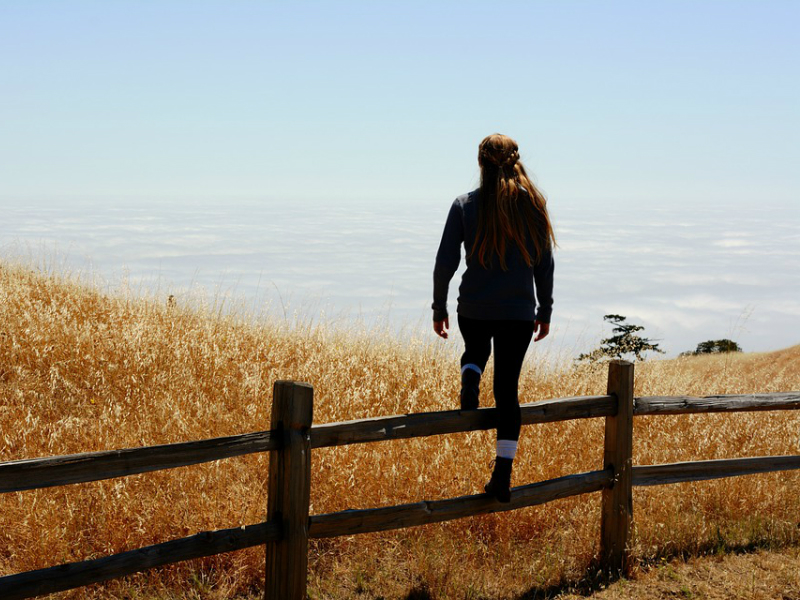The notary called some time after Rosh Hashanah but before Yom Kippur. “Your will is ready. Can you come in this week?”
Was he kidding? Sign a will with fate still hanging in the balance? When there was still time for the heavens to decide whether to trade me to the other team whose name we won’t mention?
After politely declining, I promptly called the other party to this dilemma, my husband. “Put our names on this 72 hours before YK? Might as well sign my own death warrant.”
By nature, I’m not superstitous, (except to chew thread while mending something on my person, lest my brains get sewn up). But I’m a big believer in fate’s evil eye, even one with cataracts. So why tempt even a sidelong glance near Judgment Day?
Signing a will is a mind-bender all its own, knowing the eventual reading of this document is the very last time to get my two words in edgewise, even if they are as mundane as “executor”and “beneficiary.” Amazingly, this blah-blah manages to fill a dozen legal-sized pages when there’s nothing to discuss. Okay, not exactly nothing, just a little something on the scale of entry-level philanthropy. My name on a book cart, maybe, but on a building? No.
A will does, however, permit me to play in the big leagues, if only for a few minutes.
A will comes with its very own “estate,’”evoking visions of a sprawling country manor, centuries-old ivy draping cathedral windows. As lady of the manse, I get to name “beneficiaries,” (that’s anyone who didn’t manage to tick me off) who get to reap the payoff, otherwise known as an inheritance. This covers everything from what’s on my book shelves to what’s in my bank book; should the will be left incomplete, the guv’mint can make a tzimmes about it. That government ticks off most people at one time or another seems lost on them, a disqualifier to any financial claim they consider automatically theirs.
A tight work schedule suggests matters must be attended to sooner than later. I’m thinking: let’s ask for a copy of the will in French, sign something we don’t understand, then have a redo in English later.
Nice try. So I take comfort in a sentiment from my childhood that is the prerogative of the young: everyone gets to live between Rosh Hashanah and Yom Kippur, because our teshuvah, our penance, isn’t done yet.
Reality eventually vanquished that notion, replacing it with something more enduring: for me, Rosh Hashanah has become less a time to look forward than a time to look back. To be grateful for the year that was, for having enjoyed health and hatzlachah and all the good things that flow from being so fortunate.
So I go to shul thankful for what was, but resigned to what the future holds. This year, my inclination is to petition the Almighty not so much for myself but on behalf of others.
This doesn’t mean less respect (or fear) for the High Holidays; it’s just that I’ve gotten to that place in life where I believe ‘what will be, will be.’
READ: HEALTHY AGING: NEW YEARS’ RESOLUTIONS THAT ENDURE
I wasn’t always this pragmatic: in school, I prayed for what all kids want, good grades; as a young woman, I made good on a commitment to stand the entire davening in exchange for standing under the chupah the following year (it worked!). Middle age, which fires the starter pistol for illness and other predators, moved Rosh Hashanah out of the ‘I want’ category. Prayer and penance became my insurance policy.
But will my recent admission to the dreaded ‘seniors discount’ club put a new spin on prayer and penance? Will they now be spiritual siblings to healthy diet and exercise that help raise the odds of a longer lifespan?
As the legendary Bob Dylan wrote in his famous 1962 song, the answer is “Blowin in the Wind.” Or the sound of the shofar.
